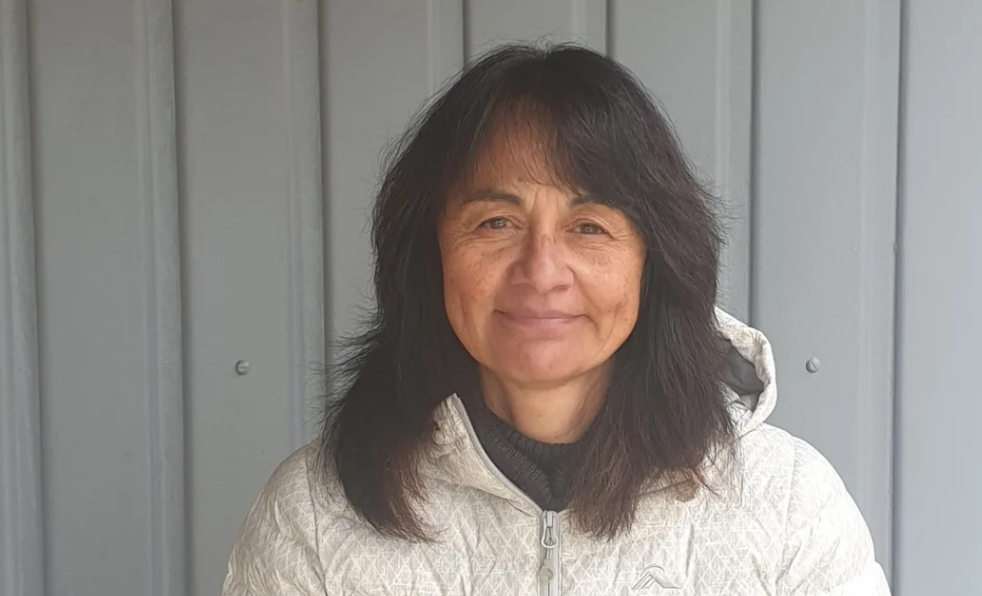
By Natalie Akoorie of RNZ
A neighbour to emergency housing in Rotorua says government plans to continue contracting motels for another year has thwarted the sale of her home.
Carolyne Hall, of the lobby group Restore Rotorua, said the sale fell through after the buyer became aware of resource consent applications to extend emergency housing contracts at seven motels in the city.
One of them is not far from Hall's home, which she was selling to move closer to family.
"We had a fairly good offer which we accepted and less than 24 hours before it was meant to go unconditional, we were handed a cancellation of agreement notice from our lawyer which came through the purchaser's lawyer."
The buyers did a U-turn when they noticed the resource consent application on the LIM report, Hall said.
"They got a bit put off by that. Even though I said 'the government is saying it's only for a year', they said 'hey, they said that last time'."

Since Covid-19 lockdowns first prompted the government to move homeless people into motels to stop the spread of the virus, emergency housing had ballooned to a $1 million-a-day burden on taxpayers.
But Rotorua was the only city where contracted emergency housing was provided, through the dozens of motels in the tourist town.
The high numbers in Rotorua resulted in an explosion in crime, police admitted last year, as well as a downturn in domestic tourism.
Hall claimed people were being sent to Rotorua to live in the motels, including those with mental health and addiction problems.
"When you start bringing vulnerable people together then you get people preying on that. It was like a honeypot for gangs at one point."
There had been reports of deliberately-lit fires, wilful damage to cars, burglaries, a stabbing, littering and domestic disturbances linked to the motels.
Fenton St - once dubbed the Golden Mile for its many motels - was now known as Misery Mile.
A Human Rights Commission review found emergency housing was often not safe, secure, clean, dry or in good repair and failed decency standards and amounted to serious and ongoing breaches of human rights.
In 2022, Te Tūāpapa Kura Kāinga Ministry of Housing and Urban Development (HUD) successfully applied for resource consents to extend emergency housing contracts at 13 motels for two years.
A hearing for the applications in October that year attracted 3656 submissions, mostly against the contracts.
Rotorua Lakes Council said by Thursday there were 68 submissions on the latest applications. Submissions closed at 5pm on Friday.
Hall said residents felt beaten down by the system, after believing emergency housing would be phased out of the city by the end of this year.
"Their exit plan was to ask for an extension for another year. But how long does this go on for?"
Residents of the city famous for mud pools, Māori culture and adventure tourism spent $700,000 on lawyers to fight the initial extension, and now they felt defeated, Hall said.
The past four years had taken an emotional, mental and financial toll, she added.
In June, 10 motels in the city were being used by 174 households, and the consent applications were to house up to 549 people.
Rotorua mayor Tania Tapsell said it was disappointing emergency housing would not end faster but she acknowledged there was at least a plan in place and she was confident it would work.
She expected there to only be four motels left by this time next year and denied the council was not committed to the end of contracted emergency housing.
"It's very clear we went hard on this. We've had a reduction of substantial amounts and we are going in the right direction and that is ending the use of emergency housing use in Rotorua.

Potaka said the government was standing by its commitment to end contracted emergency housing in Rotorua by December 2025.
"The Ministry of Housing and Urban Development will work closely with the Rotorua community including Ngāti Whakaue and Te Arawa, Restore Rotorua and the Rotorua Lakes Council to ensure they are aware of the progress.
"This will provide certainty for families needing housing, until they can move into a long-term home, while reassuring the people of Rotorua that the use of these motels in the city is winding down quickly."
In a statement, HUD said it sought to extend the contracts while a staged exit strategy was undertaken.
A spokesperson said HUD considered several factors when determining the number of motels to seek consent for.
"Our key considerations were ensuring whānau experienced minimum disruption and are adequately accommodated while appropriate long-term housing solutions are delivered."
The key to reducing reliance on motels was a steady supply of affordable housing options, the ministry said.
"While the supply picture is gradually increasing, there remains an interim need for the emergency housing delivered through the HUD contracted motels.
"We plan on taking a staged approach to exiting motels as they are no longer required. As further housing supply options become available and whānau transition to more sustainable housing, we will stop new referrals into the motels being vacated."
The ministry would stop all new referrals into CEH on July 1 next year and return the motels to the tourism market.
The seven motels are: Alpin Motel, Apollo Hotel, Ascot on Fenton, Geneva Motor Lodge, Lake Rotorua Motel, Pohutu Motor Lodge and RotoVegas Motel.













